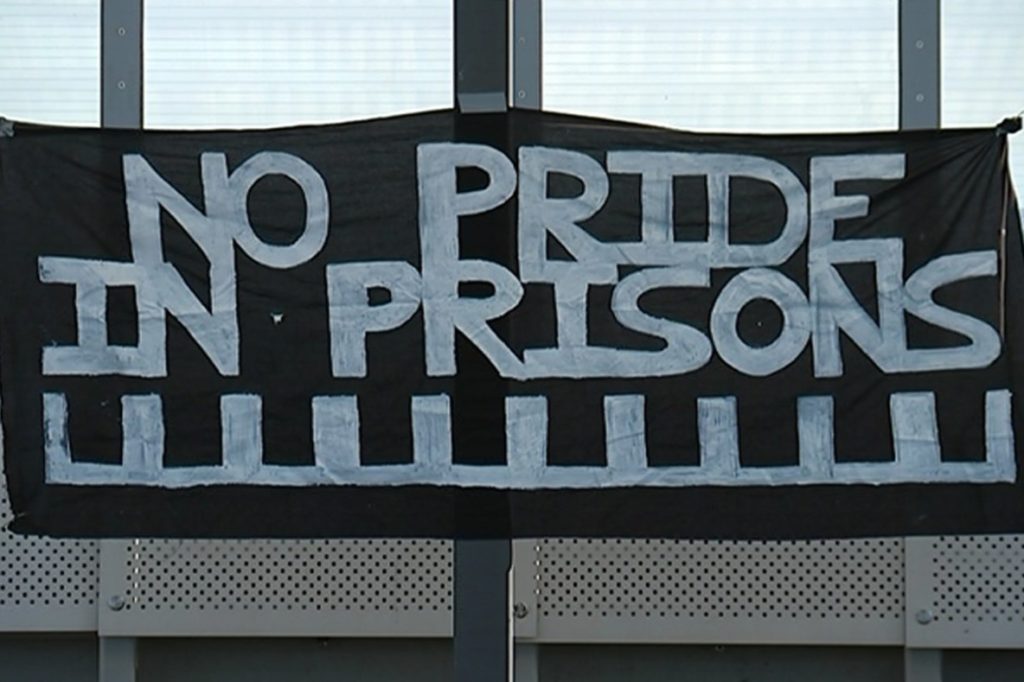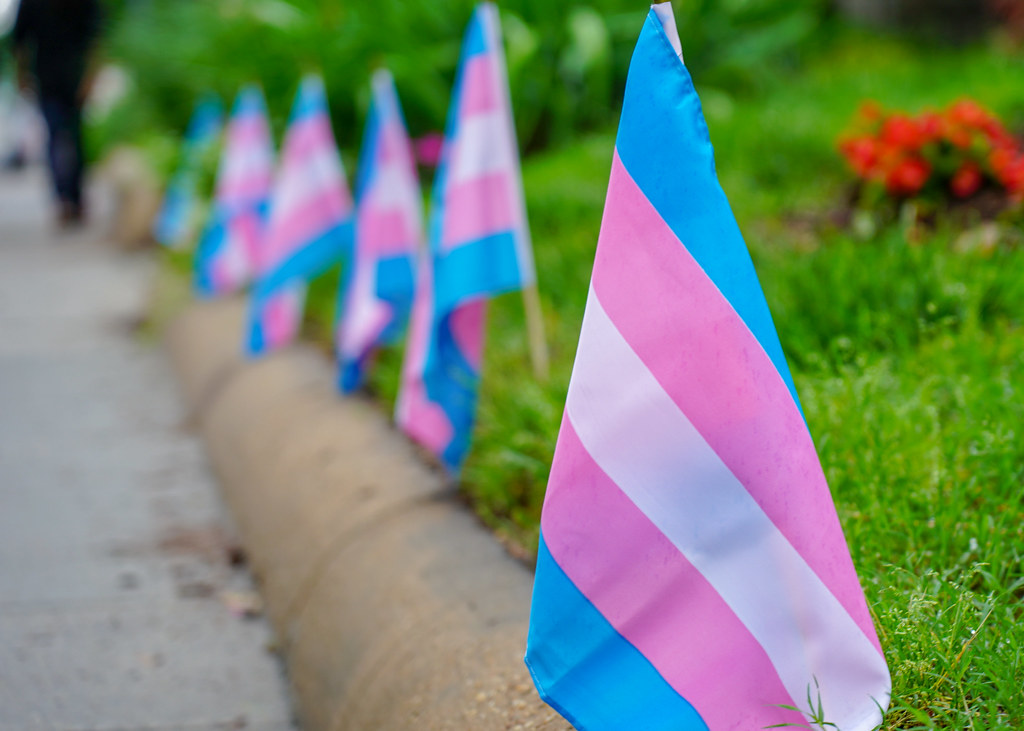Monday 11 January No Pride in Prisons hosted a public forum on the prison abolitionist kaupapa. Members of the group addressed a packed art gallery space on Tory Street with a series of short talks, presentations and poetry readings followed by public discussion. The topics of discussion ranged from the role and function of prisons, the history of incarceration in Aotearoa and the conditions faced by prisoners, particularly as they relate to the rights of Māori and trans people.
No Pride in Prisons (NPIP) began as a loose collective of trans and queer activists, students and supporters who were galvanized into action leading up to the 2015 Pride Parade in Auckland, where uniformed corrections officers would be marching as part of the parade for the first time. NPIP launched a small protest at the Parade with the aim of disrupting the officers as they marched, during which security famously broke the arm of Emilie Rākete, one of the protestors. Since the Pride Parade protest the group has been active, involved in protests (including a successful hunger strike to move a trans prisoner to a women’s prison), public forums and advocacy work.
The Wellington forum included poems and statements from trans inmates that were often harrowing to hear. As NPIP members point out, there is no way of knowing how many more of these stories are not being heard, as information about trans prisoners in New Zealand is negligently collected and rarely distributed. NPIP themselves have applied for information multiple times from the Department of Corrections under the official information act, only to be told the information is unavailable. NPIP are regularly put in contact with trans and queer people (often through friends and family) who have been caught up in the “justice” system or otherwise need help. With limited resources, NPIP say that the main way they can help these people is through advocacy, and putting them in contact with those who can help.
At the forum NPIP speakers illustrated how policy and conditions in New Zealand prisons- such as over-crowding, double bunking and segregation- impinge on the rights of trans and queer prisoners in particular. However, NPIP is very clear that their opposition to the prison system goes beyond policy. From the atrocities at Parihaka, to the systemic targeting of Māori at every stage in the criminal “justice” process, and the over-representation of poor and mentally ill people in New Zealand prisons, NPIP condemns the prison system as a tool of colonialism and oppression. “These are not related issues,” NPIP activist Emilie Rākete explains, “They are the same issue.”
While still small, NPIP have gained attention and support over their first year, working alongside other groups on a variety of issues while maintaining their anti-colonial, anti-capitalist, prison-abolitionist principles. Their success puts paid to claims from those hostile to the group that their radical ideas have no resonance with the wider Queer community. The Queer community deserves groups that are willing to organize against systemic violence in the face of the corporate pinkwashing.









